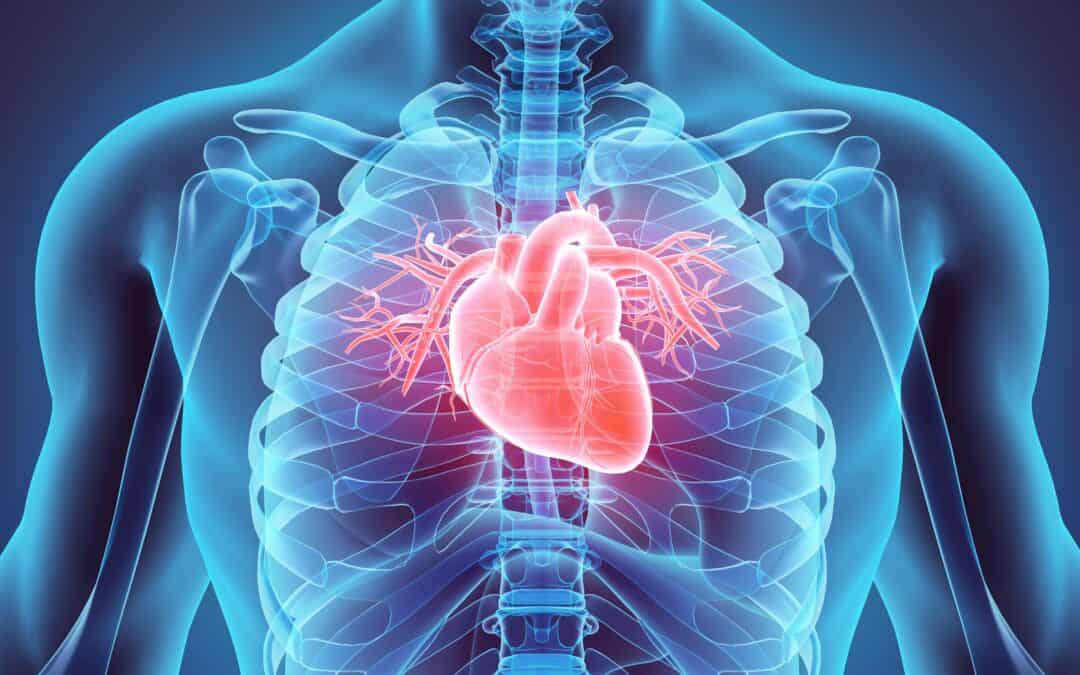A study by the American Heart Association highlights the toll methamphetamine use can take on heart health. The connection between meth and the heart points to male meth users with kidney disease and people with high blood pressure at the most significant risk. The medical community strives to provide crucial resources for those struggling to stop abusing drugs and alcohol.
Studies that give the extreme risk factors of substance use disorders help promote the desire to seek recovery. The study reveals a 32% increased risk of heart disease for those using meth, including heart failure and pulmonary hypertension. Educating the public about the harmful effects of methamphetamine use is imperative in reducing the health crisis that is growing around the world from substance abuse.
In 2021, the National Institute on Drug Abuse reported meth use with 2.5 million people in the past 12 months. Therefore, it is vital to understand the adverse effects of meth and the heart complications that could occur from abuse.
How Both Crystal Meth and Meth Affect the Heart
Crystal methamphetamine, crystal meth, or ice, is a highly potent stimulant with proven adverse effects on the heart. The connection between meth and the heart begins with how meth causes the blood vessels to narrow and then spasm, which increases blood pressure and heart rate.
Additionally, damage occurs on the molecular level to the heart muscle and increases the risk of stroke, heart attack, and acute coronary syndrome. As a result, heart disease is the second-leading cause of death following accidental overdose for crystal meth users.
Methamphetamine abuse can result in cardiovascular issues such as rapid heart rate, irregular heartbeat, and high blood pressure. It is difficult to ignore the connection between meth and the heart.
Researchers have discovered that oxidative stress, inflammation, and scar tissue form in the heart muscle contributing to heart disease from meth use. Oxidative stress involves the amount of unstable molecules in the body that contain oxygen, which affects the ability of the body to remove toxic substances.
Meth and Heart Disease
Cardiovascular problems can arise from the abuse of methamphetamine. Unfortunately, some damage from meth use is irreversible. Atherosclerotic plaque formation is exceptionally significant in heart disease and directly connects with meth and the heart. Cardiovascular dysfunction from the misuse of methamphetamine can produce various irregular heartbeats (cardiac arrhythmias).
The following heart problems can occur from the misuse of crystal meth and meth:
- Tachycardia: Rapid heart rate stresses the heart, arteries, and veins.
- Hypertension: High blood pressure strains the heart and blood vessels.
- Arrhythmias: Irregular heartbeats can affect the amount of blood pumped through the heart.
- Cardiomyopathy: The enlargement of the heart muscle because of constant strain on the heart.
- Atherosclerosis: Meth use can affect coronary artery disease and cause plaque to develop in arteries causing hardening of the arteries.
Heart Attack Risk and Meth Abuse
An American Heart Association study also reflects that meth users are 53% more likely to develop heart failure. Those experiencing an overdose of crystal meth can experience sudden cardiac arrest because the heart’s ventricles fail to pump blood through the body, which can lead to death.
Heart failure can also occur due to an enlarged heart, which impedes blood flow. Most importantly, heart and blood vessel damage may be irreversible once a user recovers from addiction.
Meth Abuse and Strokes
The connection between meth and the heart establishes dysfunctional blood flow throughout the body, including the brain. A stroke is the result of not enough blood flow to the brain. High blood pressure can result in vasculitis, an inflammation of blood vessels, which can cause the vessels to tear or leak and cause a hemorrhagic stroke.
However, ischemic strokes can result from abnormal or irregular heart rhythms interrupting blood flow to the brain. Long-term methamphetamine use can result in atherosclerosis or hardening of the arteries, which is also a leading cause of stroke. Concern is rising about stroke and heart attack among a younger population due to the effects of meth and the heart problems it causes.
Studies show permanent molecular changes in the heart, brain, and other body organs from chronic meth use. The physical effects of methamphetamine addiction are just as crucial as the psychological effects the drug can cause.
Detox and Treatment for Methamphetamine Addiction
Methamphetamine is a potent stimulant and can be highly addictive. Withdrawal symptoms can be severe when usage stops. Fortunately, detoxification from meth can be safe and effective when directed in a professional facility. The meth withdrawal timeline, with medical monitoring, and once completed, begin the treatment plan.
The following symptoms are typical for methamphetamine withdrawal:
- Extreme anxiety
- Severe depression
- Fatigue
- Intense drug cravings
- Psychosis
Currently, there are no FDA-approved medications for meth addiction treatment. However, there are evidence-based behavioral therapies that are very effective in treatment. Behavioral therapy is very successful with medical treatments to address any physical damage from meth misuse. Research continues to find effective treatments to add to the standard meth treatment options.
When searching for treatment for meth abuse, look for the following therapies:
- Cognitive-behavioral therapy helps to recognize, avoid, and cope with situational triggers to drug use and change to positive and healthy coping mechanisms.
- Trauma therapy that help uncover underlying issues of addiction.
- Holistic therapy which uses gentle tools to heal the body, spirit and mind.
- Motivational incentive programs that encourage patients to remain drug-free.
Fight Meth Addiction In Tennessee
If you or a loved one is experiencing heart problems due to meth or crystal meth misuse or abuse, Detox West Tennessee offers essential insights into treatment options. Professional detox from meth is the safest treatment method, and our experienced staff can answer your questions about the process. Being anxious and fearful of making changes and committing to treatment is normal.
Contact the admissions office today to erase your anxiety and fear and move forward to recovery.


